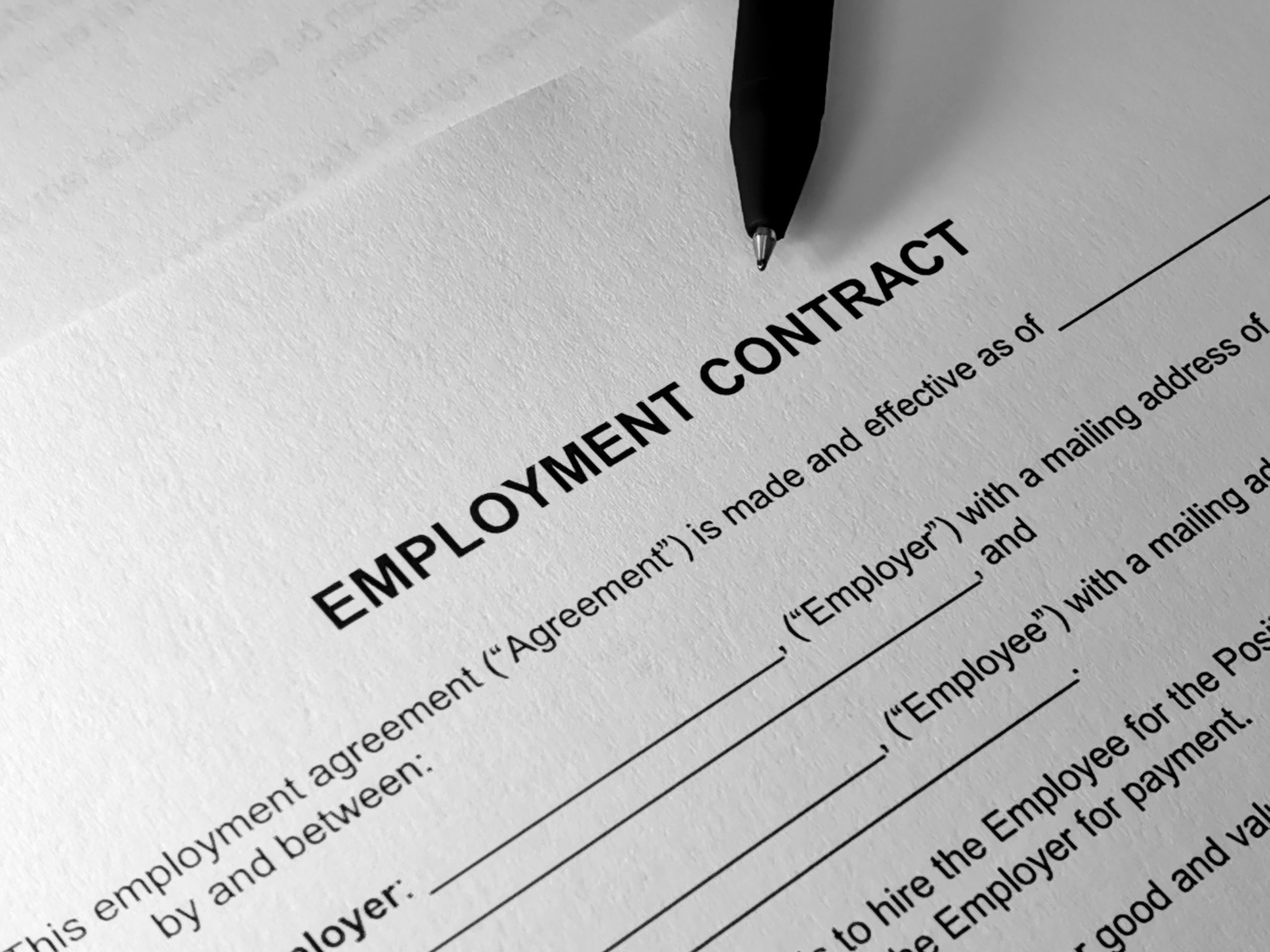legal update / 18th Mar 2025
Zero Hours Contracts Reform – How SMEs Can Prepare for Guaranteed Hours Requests
Zero Hours Contracts Reform are coming as part of The Employment Rights Bill 2024-25. One of the most impactful changes for SMEs is the new right for workers to request guaranteed hours after a qualifying period of service, coming into effect in early 2026.
This article explores how the law is changing, how it affects SMEs, and what proactive steps small businesses should take to ensure compliance.
Currently, zero-hours contracts allow businesses to employ workers without guaranteeing a minimum number of hours. While this flexibility suits many employers (and some workers), concerns about job insecurity have led to legislative reform.
Under the new law:
- Zero-hours workers will have the right to formally request a predictable working pattern (e.g., a set minimum number of hours per week) after a qualifying period.
- Employers must provide a written response and cannot refuse the request without a valid, objective reason related to the needs of the business.
Why Is This Happening?
The aim is to provide workers with greater financial security and work-life balance. Many employees in sectors like hospitality, retail, and healthcare rely on variable contracts but work regular patterns in practice. The government intends to ensure these workers can move to a more stable contract when appropriate.
Why SMEs Should Take Notice
Many SMEs depend on zero-hours workers to cover:
- Seasonal demand fluctuations.
- Short-notice shift cover.
- Part-time or casual roles.
This reform will:
- Limit how long employees can be retained on indefinite zero-hours contracts without access to guaranteed hours.
- Potentially increase staffing costs if employees seek and are granted minimum-hour contracts.
- Increase the risk of disputes if requests are handled poorly or refused unfairly.







